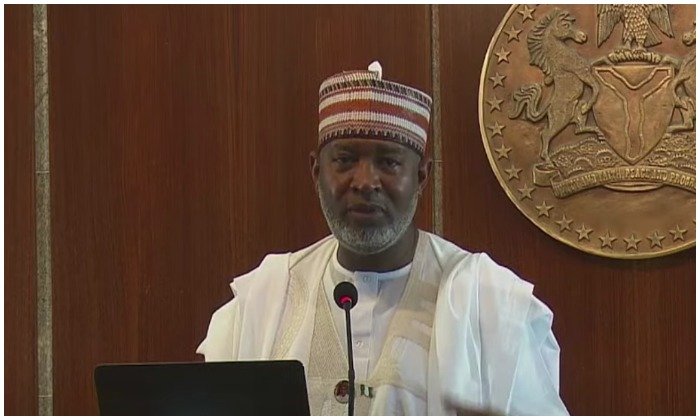
Sirika urged that the 24,000 hectares of land available as a free zone in the Federal Capital Territory should be maximised for this purpose.
He said this on Tuesday in Abuja at the maiden edition of the national aviation conference organised by the Federal Airport Authority of Nigeria.
The four-day conference was themed, “Advancing the frontiers of possibilities for safe, secure, and profitable air transport” and was channeled on spotting the challenges and prospects of the aviation industry after the era of COVID-19.
Speaking, the minister said, “Our four airports, for now, have been designated and approved as free zones. All of you should come in and invest, particularly in Abuja, where we have 24,000 hectares of land all available as a free zone in the Federal Capital Territory.
“The ease of doing business ranking has risen and it is possible for you to own 100 per cent a company in Nigeria as a foreigner. So whether you are a foreigner or a Nigerian, we want to assure you that the aviation sector is a place where you can put your money and you will not lose.”
He also commended the commitment of the President, Major General Muhammadu Buhari (retd.), to the development of the aviation sector.
He noted that the Nigerian aviation sector had “latent potentials waiting to be explored. It is a virgin industry. Our national resources have positioned us strategically as a continental and global leader. All industry players must therefore pull resources together to take advantage of these opportunities.
“The government is open to providing a level-playing field for competition and innovation. We are always willing and ready to discuss business and partner with innovators to bring the desired growth and development to the industry.”
On his part, the Managing Director of FAAN, Captain Rabiu Yadudu, told the audience to take the opportunity offered by the conference to proffer solutions to the challenges facing the industry, particularly at this post-COVID-19 era.
Yadudu said, “Recent events, particularly the COVID-19 pandemic did not only impact negatively the global socio-economic space, but it also slowed down global travels, consequently affecting aeronautical operations and revenue generation.
“Our potential and capacity in the global air transport industry are being grossly underutilised and if indeed we are desirous of attaining the status of a major player in the global aviation sphere, it is high time we integrated backward to reposition and move the industry forward.”





